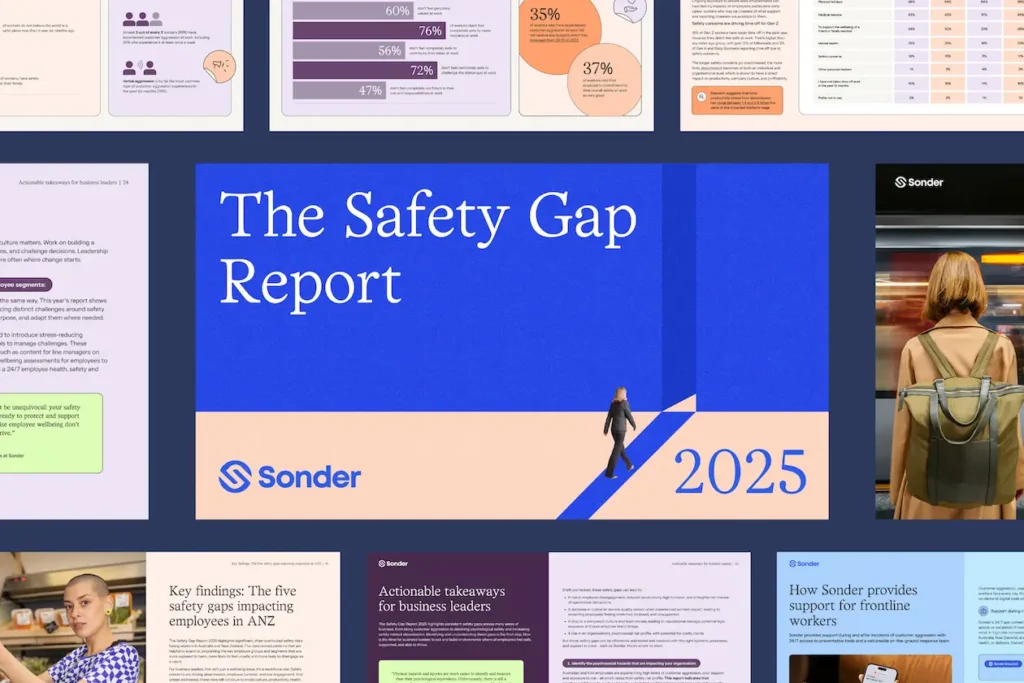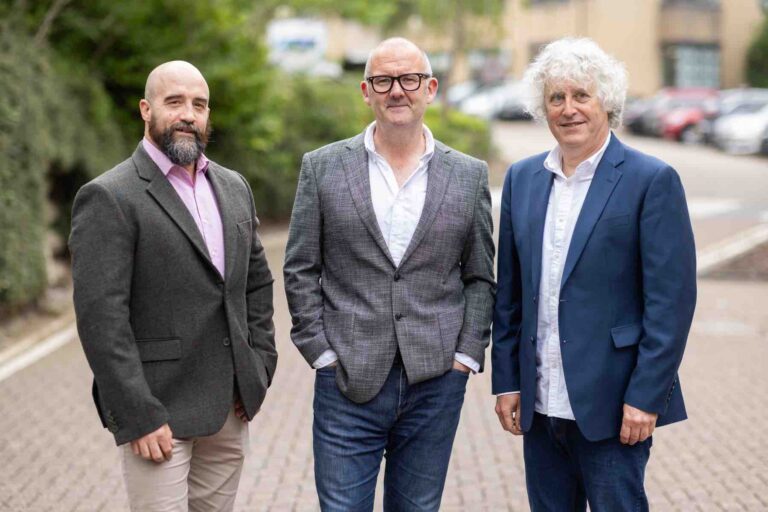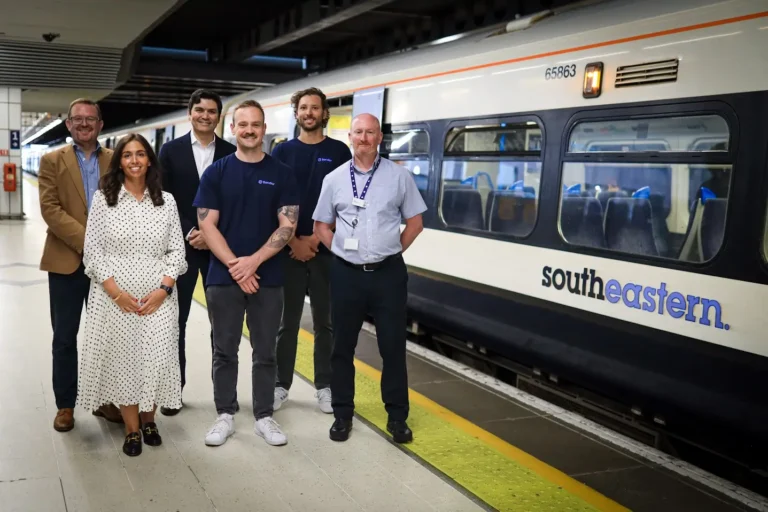Monday 21nd July, SYDNEY, AUSTRALIA – A landmark report released today by integrated health, safety and wellbeing provider Sonder reveals a growing safety divide in Australian workplaces. Drawing on insights from over 2,000 workers, The Safety Gap Report 2025 shows that many employees do not feel safe physically, psychologically, or emotionally either at work or on their way there.
The report’s findings are stark: 59% of workers believe the world feels less safe than it did six months ago, while nearly one in three hold personal safety concerns during their daily commute. Inside the workplace, conditions are equally concerning. Over three-quarters of workers (76%) say they do not feel completely safe to make mistakes, and 60% report not feeling genuinely valued by their employers. Customer aggression is pervasive, with 65% of respondents having experienced it, and a quarter facing it on at least a weekly basis.
Perhaps most alarmingly, 35% of those who experienced customer aggression received no support at all, an increase from 29% in 2023, revealing a widening gap in post-incident care. Only 37% of all workers rated their employer’s commitment to their safety as “very good”.
“Our own Sonder data shows 19.35% of our critical incident response cases involved police,” said Nathan Halliday, Chief of Member Operations. “Furthermore our top five psychosocial hazards most commonly mentioned by members are, Job demands, Poor support, Conflict, Bullying and Traumatic Events or material.”
“The findings also reveal clear fault lines across age and gender. Young workers, particularly from Gen Z, face disproportionate levels of risk. A staggering 76% of Gen Z respondents reported experiencing customer aggression, and 18% had taken time off in the past year because they felt unsafe at work. Less than half say they are satisfied in their current roles, and nearly half are actively looking for new employment. The figures are even more troubling for Gen Z men, who reported the highest levels of physical violence, and for Gen Z women, who cited persistent fears for their personal safety during their commutes and higher levels of discrimination and abuse at work,” Nathan said.
The rise in customer aggression is now recognised as a national psychosocial hazard, no longer confined to hospitality or retail. It affects workers in banking, healthcare, transport, and call centres, anywhere staff interact with the public. Lone workers are particularly vulnerable, reporting higher exposure to repeated aggression and greater mental health-related absences.
These safety concerns are not without consequence. One in five workers took time off for mental health reasons in the past 12 months, while 11% took time off due to safety fears more than double the rate in 2023. With half of the workforce disengaged, including 40% actively looking for new roles, the potential impact on productivity, retention and performance is profound.
“Safety is no longer just a compliance issue, it’s a business-critical challenge,” said Raechel Gavin, Chief People Officer of Sonder. “If employees don’t feel safe, they won’t stay. They won’t speak up. They won’t perform. Organisations need to act now to close the safety gap.”
Women over the age of 45 are also being left behind. This group reports the lowest levels of psychological safety and inclusion, with 77% stating they do not feel completely safe making mistakes at work, and 78% saying they do not feel completely safe challenging decisions. Almost half (49%) of women in this cohort received no support after experiencing customer aggression, and just 36% say they are satisfied with their employer’s commitment to wellbeing.
A core issue uncovered by the report is the growing disconnect between senior leaders and the rest of the workforce. While over 80% of senior executives believe they feel safe, supported and heard at work, that figure drops significantly among middle managers and frontline teams, with some indicators dipping as low as 65%. One in four senior leaders believe the world is getting safer, yet only 8% of less senior employees agree.
Sonder is calling on employers to take a proactive, data-led approach. This includes assessing internal safety gaps, investing in psychological safety at all levels, and developing tailored support for high-risk employee groups. Particular focus must be placed on lone workers, shift staff, younger employees, and older women, who face distinct challenges in both physical and emotional safety.
The report also encourages businesses to audit their incident response procedures, improve their systems for customer aggression follow-up, and empower people leaders with training and tools to foster cultures of care—not just compliance. Sonder’s own platform, which supports over one million members globally, offers real-time tools like safety check-ins, critical incident response teams, and wellbeing assessments designed to intervene early and support recovery long after a safety event has occurred.
“This is a wake-up call for business leaders across Australia and New Zealand. The message to your workforce needs to be crystal clear: your safety matters, aggression and abuse is never acceptable, and we stand ready to protect and support you,” Raechel said.
Download the full report here: https://sonder.io/resources/guides/safety-gap-report-2025-customer-aggression/
Related coverage



